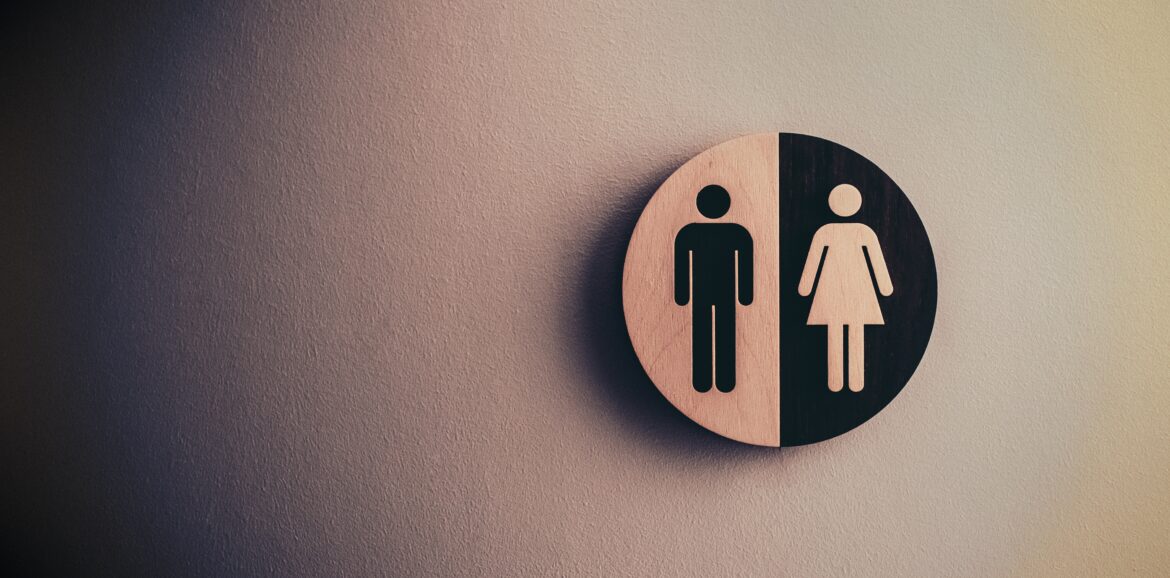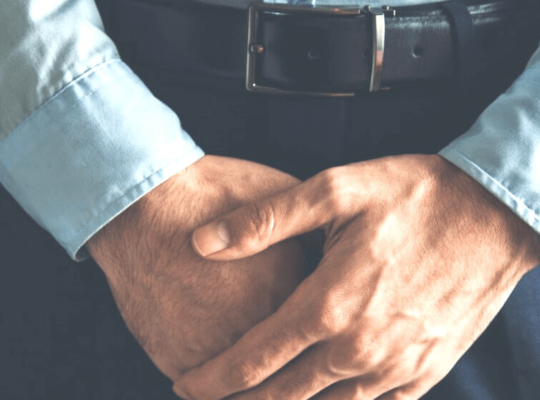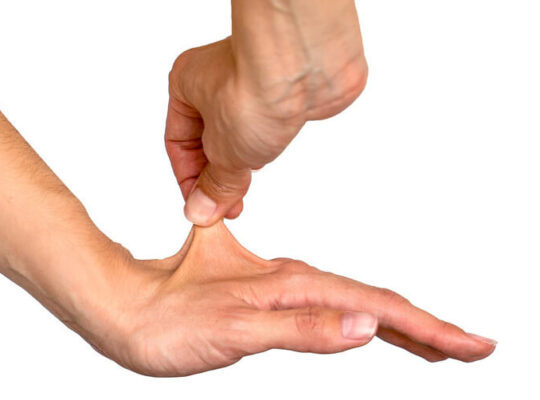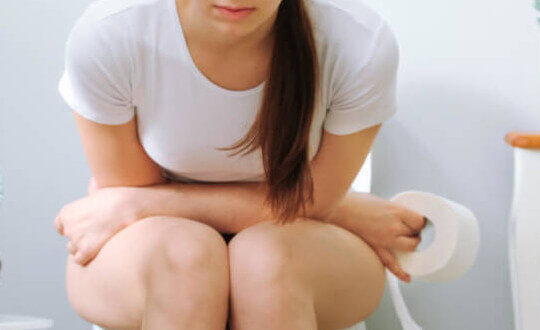What is Urinary Incontinence?
Urinary incontinence is the involuntary leakage of urine, with or without the urge to urinate. It can be as little as a few drops with coughing or sneezing or complete loss of urine. Being pregnant, having a vaginal delivery, taking certain medications, menopause, and engaging in high impact activities or sports can cause or exacerbate this condition.
Common Types of Incontinence
Stress incontinence is when leakage is caused by coughing/ sneezing or from physical exertion, such as running or strenuous exercise. This causes more downward pressure onto the bladder and accidents can happen when the pelvic floor muscles are weak or not contracting in time to support the bladder or the urethra. In pregnancy, the expanding uterus presses down on the bladder, causing the urge to urinate or leakage. In the postpartum period, you can have weakened pelvic floor muscles as well as an uterine prolapse due to labor and delivery.
Urge incontinence is an involuntary loss of urine accompanied by a strong sense of urgency and certain triggers, like running water or cold weather. The sudden urge to urinate can also be caused by an overactive bladder, where the muscles in the bladder contract before it is full. Weakened or tight pelvic floor muscles can exacerbate the symptoms. You can also experience mixed incontinence, where you have both the strong urge to urinate, increased trips to the bathroom, and leakage of urine with activity.
What’s the Treatment?
Treatment can include bladder retraining by filling out a bladder diary, where you record your fluid and food intake, number of trips to the bathroom and how much you void each time, and by making changes to your diet and eliminating any bladder irritants and diuretics, such as alcohol and caffeine. Pelvic floor physical therapy will help treat trigger points and tightness of the pelvic floor muscles and better coordinate muscle contraction and relaxation. Other types of treatment include biofeedback and neuromuscular electrical stimulation to help strengthen your pelvic muscles.
Foods To Avoid with Increased Urinary Urge or Incontinence
Alcoholic or Carbonated Beverages
Citrus Fruits and Juice
Coffee
Green Tea/ Black Tea
Vinegar
Tomatoes
Spicy foods
Foods You Can Have With Urinary Urge or Incontinence
Pears
Watermelon
Apricots
Papayas
Herbal Tea
Reach me if I can answer any questions on physical therapy, serving you locally in New York City or anywhere online virtually through “telehealth“.
Sign up for Pelvic Health and Wellness Tips






